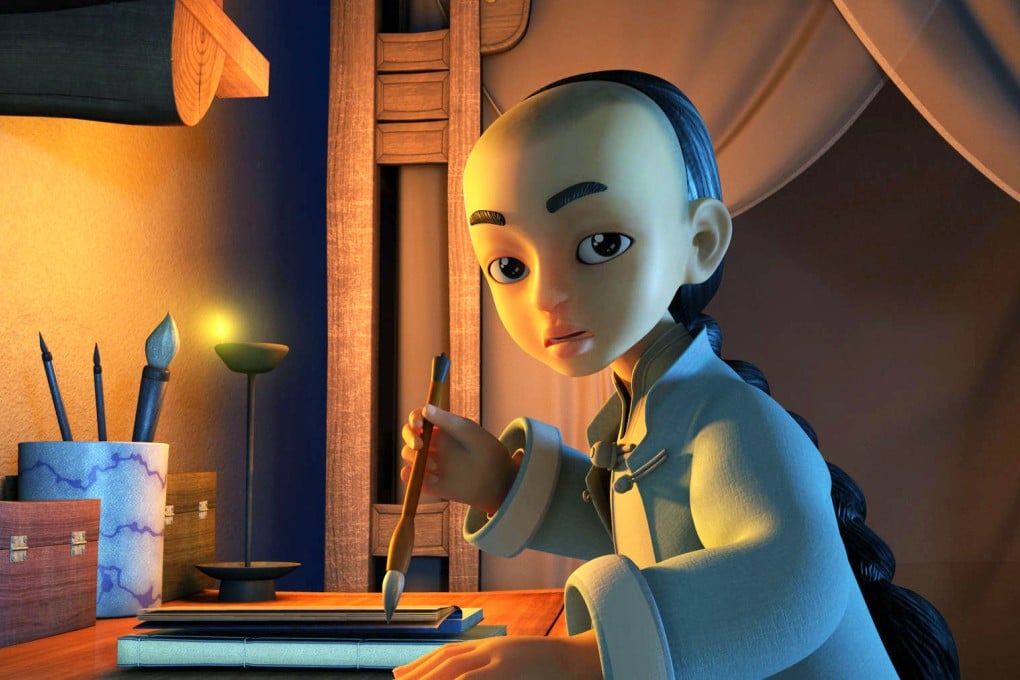Animated film shows the human side of Mao Zedong
Cartoon portrays late leader as a teenager growing up in Hunan province hometown

When director Lei Junlin, 41, came up with the idea of producing an animated film about Mao Zedong's childhood, she had plenty of doubts. To portray Communist Party leaders in China through cartoon had long been taboo.
But to her surprise, Lei received approval from the party central committee's General Office and her project attracted the involvement of the propaganda flagship Qiushi Journal in 2011. A film production wing under Qiushi is now co-producing the cartoon with two other official filmmaking companies.
The movie, When Mao Zedong Was Young, covers the leader's teenage years. It was selected as one of three films to celebrate the 120th anniversary of Mao's birth, in December.
Lei said the film departed from the practice of treating Mao as infallible and tried to show him as more human.
"Desanctifying Mao is a significant goal of the film. Just like every other child, he was naughty and liked to play tricks. There hasn't been enough coverage of Mao's childhood," Lei said.
To ensure the portrayal was realistic, the production team sent 600 volunteers to Mao's hometown in Shaoshan in Hunan province and other places to gather anecdotes about him. One of the biggest challenges they faced was how to balance the exaggerated expressions that cartoons use with the solemnity required when dealing with the founder of modern China, according to Lei's husband, Zeng Xiangbao, who is the film's general producer.